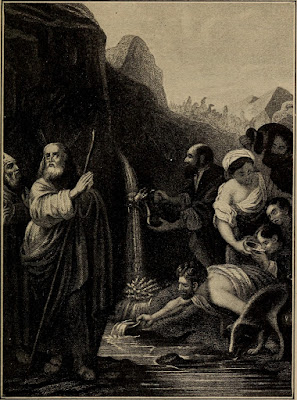Evangelical Postcolonial Conversations ~ The Praxis Question

The authors of this volume engage contemporary postcolonial theory primarily to articulate a critique of Western Christianity, as it has been practiced for centuries, and to suggest lines for reconstructing evangelical identity and constructive theology in a more inclusive and liberating key. Still, postcolonial theory is not taken for granted without critical pushback. In one particularly intriguing piece, "The Problem and Promise of Praxis in Postcolonial Criticism" (which earns high marks not only for its content but also for the alliteration in the title), Gilberto Lozano and Federico A. Roth interrogate academic postcolonial thought, especially in its impact upon biblical criticism: Is this mode of theoretical inquiry practical for human flourishing? Does it liberate? The authors sharpen such questions by bringing postcolonial theory into dialogue with Paulo Friere's Pedagogy of the Oppressed . Evangelical Postcolonial Conversations: Global Awakenings in Theology ...

